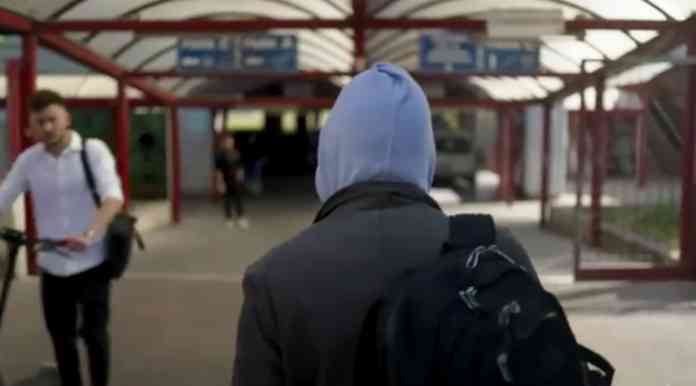NATO demonstrates new detection technology for crowded venues

NATO has completed a one-month testing programme of prototype technology to counter the threat from firearms and explosives in crowded venues.
Testing of DEXTER – short for Detection of EXplosives and firearms to counter TERrorism – was successfully completed in a subway station in Rome, Italy.
The three technologies developed through DEXTER will allow the identification of carriers of firearms and explosives among moving pedestrians, remotely and in real time. The system will move beyond the measures currently in place, and enable the detection of these threats discretely, without requiring random checks on moving passengers or checkpoints. DEXTER integrates the technologies in a capability that can incorporate additional detection systems as necessary to keep up with evolving threats.
NATO Assistant Secretary General for Emerging Security Challenges, David van Weel said:
“What DEXTER has delivered is a solution at the crossroads between counter-terrorism and advanced ltechnologies, in line with NATO strategic objectives and priorities"
"DEXTER is an important deliverable of NATO’s Counter-Terrorism Action Plan. At the same time, by relying on the most recent advancements on sensors, detection and artificial intelligence, DEXTER represents a perfect example of NATO’s agenda in the field of Emerging and Disruptive Technologies (EDTs).
Gilberto Dialuce, President of ENEA – the Italian National Agency for New Technologies, Energy and Sustainable Economic Development, said: "Results like this are not only the outcome of scientific and technological skills but are also based on a strong sense of cohesion between the partners, and on the common will to enhance the protection of citizens from brutal attacks like the ones in the past.”
Eleven governmental and research institutions from 4 NATO countries (France, Germany, Italy and the Netherlands) and 4 partner nations (Finland, Republic of Korea, Serbia and Ukraine) participated in DEXTER.
digital issue




















